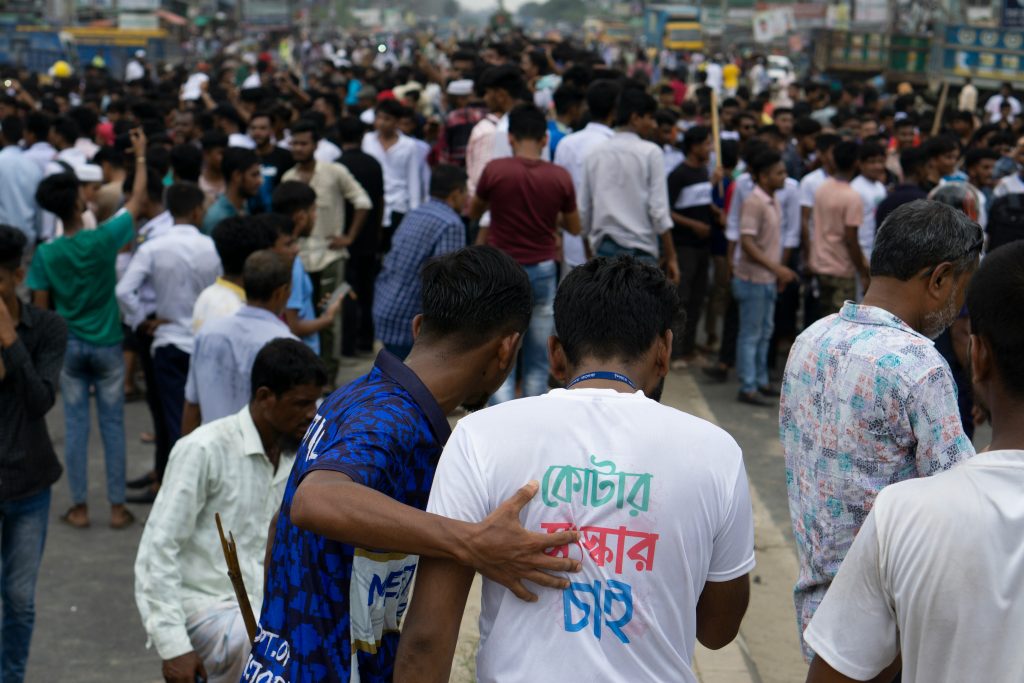
Bangladesh Faces Political Turmoil as Long-Serving Leader Resigns Amid Protests
In a historic turn of events, Bangladesh has witnessed one of the most significant political upheavals in recent decades. On June 6, the political landscape was irrevocably altered when Sheikh Hasina, the world’s longest-serving female leader, resigned as Prime Minister and fled the country, following weeks of intense protests that escalated into violence.
The protests, initially sparked by dissent against a controversial quota system for government jobs, quickly morphed into a broader movement demanding political reform and accountability. This surge of activism, largely driven by the youth, particularly students, has been termed by many as a ‘Gen Z revolution’. The demonstrators expressed their frustration with the status quo, challenging a political dynasty that has been in power for over a decade.
Sheikh Hasina’s departure marks the end of an era for a political dynasty that has shaped the nation’s governance for years. Her leadership was characterized by significant economic growth and development in Bangladesh, but it was also marred by accusations of authoritarianism and suppression of dissent. As the protests gained momentum, the government’s response was increasingly viewed as heavy-handed, leading to allegations of human rights violations.
The resignation came just a day after Bangladesh’s high court reinstated certain political rights that had been curtailed under Hasina’s administration. This legal decision seemed to embolden the protesters, who had been calling for a more equitable system and greater political freedoms.
The implications of Hasina’s resignation are profound, not just for Bangladesh but for the region at large. Analysts are speculating about the future of governance in the country and whether the political vacuum will lead to a new era of democratic engagement or further instability. The young protestors, who played a pivotal role in this uprising, are now faced with the challenge of translating their momentum into a sustainable political force.
As Bangladesh navigates this uncertain political landscape, the eyes of the world are watching closely. Will the new leadership prioritize the demands of the youthful populace, or will the power dynamics shift in favor of old guard politics? The future remains uncertain, but the recent developments signal a seismic shift in how politics will be conducted in Bangladesh moving forward.
Tags: Bangladesh, Political Change, protests, Sheikh Hasina, Youth Activism

相關頭條